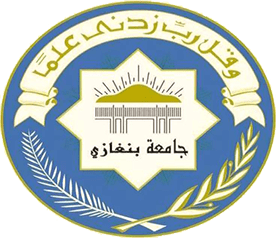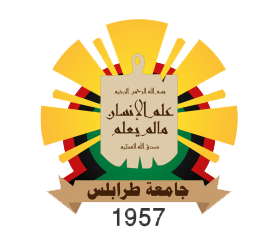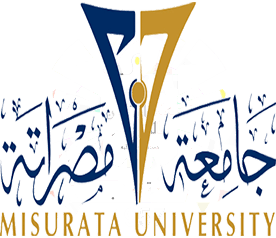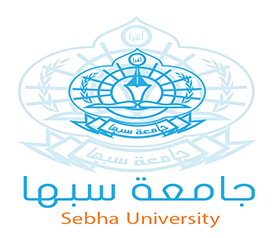University of Zawia is a Libyan state university established in 1988 by the former General People's Committee No. [35]. It is a member in many communities such as Association of Arab Universities (AARU), Association of African Universities
(AAU) and the Federation of Universities of Islamic World. University of Zawia has 23 faculties located in many cities (Zawia, Ejelat and Zuwara), these faculties are of different fields of specializations e.g. Faculty Arts, Faculty Education,
Faculty of Law, Faculty of Economics, Faculty of Science, Faculty of Veterinary, Faculty of Agriculture, Faculty of Engineering, Faculty of Medicine, Faculty of Dentistry, Faculty of Pharmacy, Medical Technology, Faculty of Information
Technology. The university administration and its faculties are located 6 km south of Zawia city in an area of about 100 square hectares. The complex buildings are modern and aesthetic design from inside and outside. The total teaching
staff is (2056), (2001) of them are Libyan and (55) are expatriates (foreign staff). The technicians and employees are (2400) and (1900) are university guards.
Integration in the field of different sciences and their effectiveness to reach a balance between the requirements of the labor market and the outputs of the university.
Al-Zawya University is a governmental scientific institution specialized in university education, graduate studies and scientific research. It provides its services to all segments of society through its capabilities and expertise.
Preparing and qualifying specialists in the branches of science and knowledge and developing their skills to cope with the needs of the labor market and community service.
Contribute to scientific research and various studies to raise the level of the university, and find solutions to the issues facing development in the Libyan society.
Modernize teaching methods and develop mechanisms and methods used in laboratories and laboratories to increase the efficiency and effectiveness of the specialized training process.
The introduction of the latest methods and administrative systems and training at the university, to develop the capacity of human cadres.
To provide students with an environment conducive to them and to encourage their programs and activities inside and outside the university.
Commitment to continuous development and improvement in all disciplines and updating of vocabulary and syllabus.
To take care of Arabic as the cultural container of the Arab-Islamic civilization and to support the use of living languages in educational institutions.
Providing scientific consultations to the bodies, institutions, companies, administrative departments and various public and private bodies.
Supporting and activating joint cooperation with universities and other scientific institutions and institutions at home and abroad.
To promote ethics and ethics and to establish the principle of professional ethics, equal opportunities and teamwork.
Spread the culture of environmental sanitation and sustainable development inside and outside the university.






